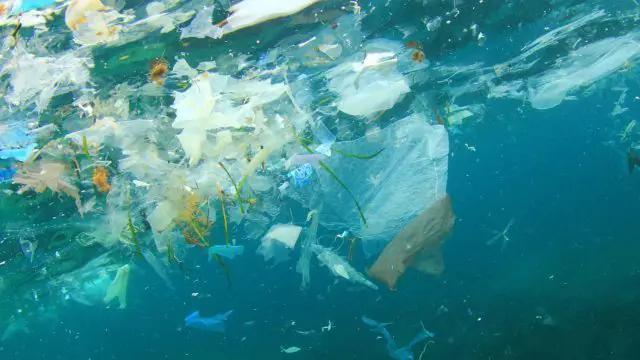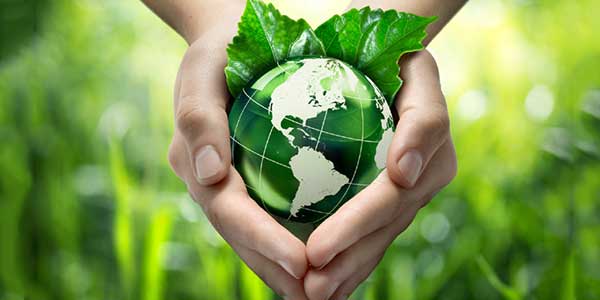Plastic pollution is causing irreparable damage to the planet. Far from diminishing, this problem gets worse every day. Annually, 300 million tons of plastic are produced, of which a high percentage ends up in rivers and seas. Many scientists believe that this is a more serious problem than climate change.
In the oceans, there are plastic islands the size of continents. It is estimated that by 2050 there will be more plastic than fish in the sea. Plastic fibers have been found both in the North Pole and the South Pole. Plastic particles are colonized by microorganisms, including pathogens, which alter trophic chains, nutrient cycles and the balance of aquatic ecosystems.

It is common to find plastic in the digestive tract of zooplankton and fish. But also in sea salt, honey, tap water, bread, beer and, probably, in other things we eat.
Plastics take hundreds of years to degrade; they contain additives and adsorbs heavy metals, antibiotics, pesticides, and other toxic substances. Unfortunately, these are transported around the planet.
What to do? We are individually responsible for rejecting, reusing, reducing, and recycling. Consumers are complicit in this situation. Companies should avoid using it in their processes and products, as well as take greater responsibility for their final disposal.
Governments must be stricter. They must prohibit certain uses of plastic, assess the containers, force the separation of waste, and establish severe fines for polluters.
At the United Nations (UN) level, this issue must be urgently addressed, as well as climate change or the loss of biodiversity. In many ways, Costa Rican diplomacy is desired to lead an initiative of this nature!

